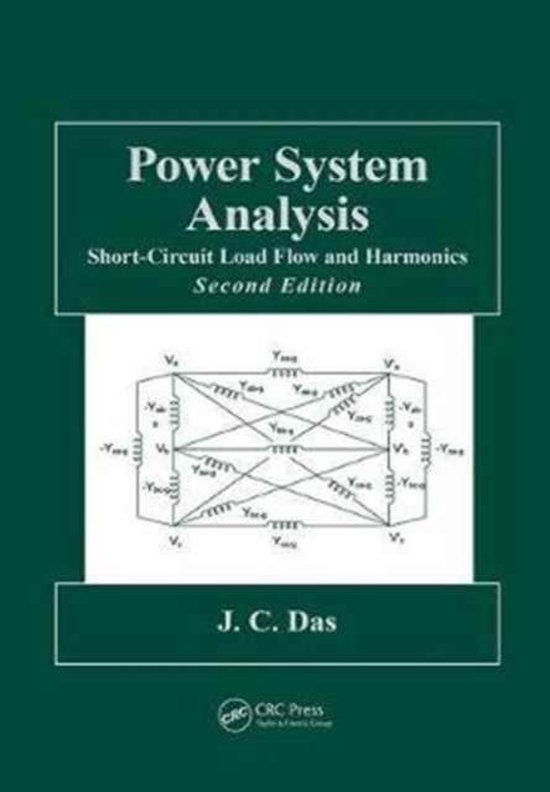
Power Engineering Willis- Power System Analysis
Fundamental to the planning, design, and operating stages of any electrical engineering endeavor, power system analysis continues to be shaped by dramatic advances and improvements that reflect today’s changing energy needs. Highlighting the latest directions in the field, Power System Analysis: Short-Circuit Load Flow and Harmonics, Second Edition includes investigations into arc flash hazard analysis and its migration in electrical systems, as well as wind power generation and its integration into utility systems.
Designed to illustrate the practical application of power system analysis to real-world problems, this book provides detailed descriptions and models of major electrical equipment, such as transformers, generators, motors, transmission lines, and power cables. With 22 chapters and 7 appendices that feature new figures and mathematical equations, coverage includes:
- Short-circuit analyses, symmetrical components, unsymmetrical faults, and matrix methods
- Rating structures of breakers
- Current interruption in AC circuits, and short-circuiting of rotating machines
- Calculations according to the new IEC and ANSI/IEEE standards and methodologies
- Load flow, transmission lines and cables, and reactive power flow and control
- Techniques of optimization, FACT controllers, three-phase load flow, and optimal power flow
- A step-by-step guide to harmonic generation and related analyses, effects, limits, and mitigation, as well as new converter topologies and practical harmonic passive filter designs—with examples
- More than 2000 equations and figures, as well as solved examples, cases studies, problems, and references
Maintaining the structure, organization, and simplified language of the first edition, longtime power system engineer J.C. Das seamlessly melds coverage of theory and practical applications to explore the most commonly required short-circuit, load-flow, and harmonic analyses. This book requires only a beginning knowledge of the per-unit system, electrical circuits and machinery, and matrices, and it offers significant updates and additional information, enhancing technical content and presentation of subject matter. As an instructional tool for computer simulation, it uses numerous examples and problems to present new insights while making readers comfortable with procedure and methodology.
| Auteur | | J. C. Das |
| Taal | | Engels |
| Type | | Paperback |
| Categorie | | Technologie & Bouwkunde |